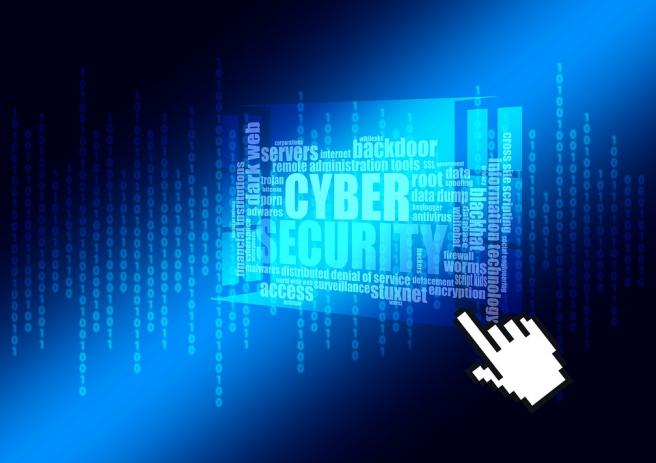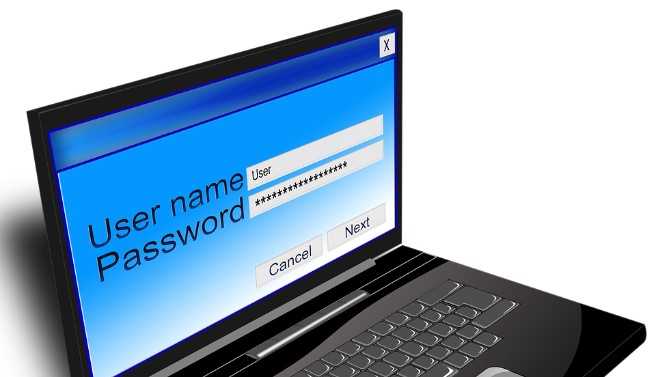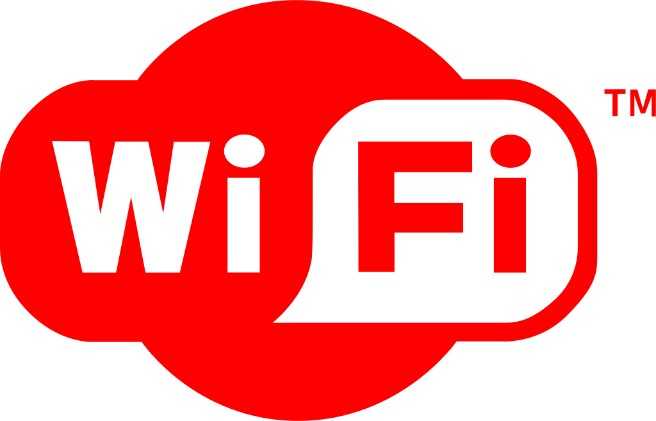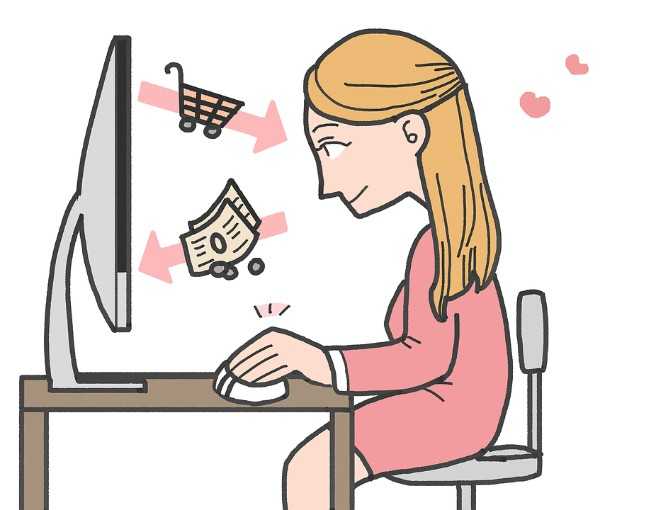- Tech
- Prevent Cyber Crime
- Transfer Balance A to A
How to Prevent Cyber Crime
We often heard about cyber crime on TV, newspapers, and on social media. But we do not know what is cyber crime and how can we prevent it. For preventing cyber crime, first, we have to understand what actually cyber crime is?
In easy words, it is a crime related to technology, computers, and networks. This is the fastest growing crime nowadays.
The speedy development of internet and technology over the years has led to the boom of crime related to computers, and technology.
There so many forms of cyber crime like spamming, hacking, piracy, and so on. 
We can easily avoid the cybercrime by little technical knowledge and common sense. Basically, cyber criminals are in search of innocent people so that they can track them easily and make money by using them.
If you make their job little tough by taking little precautions, they move on to the other target and leave you.
Types of cyber crime
- Identity theft
- Spam and Phishing
- Social Engineering
- Sales and investment fraud
Tips to Prevent Cybercrime
Here are few basic tips on how you can avoid such crimes. 
1. Keep your computer current with the latest patches and updates: The cyber criminals are after your information like your bank details, your emails and passwords and want to control your computer, laptops or tablets.
And they do so by installing malicious software or malware to your systems. Always keep your system clean and updated, and do not open any suspicious mail or link.
2. Make sure your computer is configured securely: We store much confidential information in our systems. Cyber criminal hack our systems for such information only.
To ensure that your information is safe, make sure the safety of your computer by some simple steps like by connecting to secure connection, by install antivirus, by uninstalling unwanted software, by secure your web browser etc.
3. Choose strong passwords and keep them safe: Nowadays when almost everything is digital, we do so many things with our computers like banking, paying bills online, shopping and so on and keep our details online.
If we keep our password long and complex, it will be hard for hackers to crack them. So always use strong passwords including capital and small letters, numbers and special characters.
4. Protect your computer with security software: Through internet when you connect, you connect to millions of other users also.
And it’s obvious that if you are connected to such a big network, you are open for hackers and virus creators.
But you can protect your system, and keep your information safe from hackers by installing good security software like Anti-Virus software.
Firewall software, Spyware removal software, Anti-Trojan software, and Pop Up blocker software.
5. Monitor your bank details and credit card statements regularly: Always review your bank details and credit card statements on regular basis so that you can know when something is awry. By doing so you can take action on time. 
6. Use public Wi-Fi Hotspots carefully: Using public Wi-Fi Hotspots at food joints, hotels, malls- are not that safe.
Even if you think they are safe because they have password but still you are sharing that platform with millions of others. Do not use such insecure platforms for any financial transactions.
7. Protect your online information: When going online, do not share your personal information such as name, address, phone numbers, bank details and other financial details with anyone.
While shopping online make sure that the websites are secure enough and also enable privacy settings of your system by enabling firewall or antivirus software.
8. Protect yourself from being scammed: Do not open any suspicious message, link or email from unknown source.
Do not reply to the online offers that seem too good to be true. Avoid replying the emails and offers that ask your confidential information such as bank details, credit card numbers and pins.
9. If in doubt, Block: On your social media accounts such as Facebook, LinkedIn etc, you receive friend requests from unknown people, do not accept by saying no or by clicking on BLOCK.
10. Having more than one email account: Having one account for everything is not safe because if password of your account is cracked by the hacker, all your information is easily available to them.
It’s always a good idea to have separate e-mail accounts for your bank and other financial transactions, for online shopping and for social media accounts.
11. Don’t pay attention to pop-ups: When surfing online you can find some pop-ups showing and offering things which seem too good to be true, or asking you to fill the survey form.
If you click on it a download contains suspicious software will start in the background. Do not pay attention to such pop-ups.
12. Mac-Books are also important: It is to be believed that hackers target only windows – but with the change of time, hackers are way ahead to find new ways to use users of any platform.
13. Two-step verification: It is always a good to protect your email, social media accounts and cloud services by two-way verification. By this with your passwords, you are also asked to enter a verification code sent to your phone via SMS.  14. Shop online on secure sites: Always shop online on secure sites only. It means to ensure that there is a locked padlock or unbroken key symbol on your browser.
14. Shop online on secure sites: Always shop online on secure sites only. It means to ensure that there is a locked padlock or unbroken key symbol on your browser.
And also, online site address will change from “http” to “https”. It ensures that the site is secure.
15. Do not click on suspicious links: Hackers tempted users by showing offers that are unbelievable and lure them to click on them. They send links and attachments via email or on social media. Do not click any suspicious link.
16. Do not use single password for all the sites: Always use different passwords for your different accounts. Never reuse your main password for any other account.
17. Do not save your bank details online: Do not ever make a blunder by saving your card or bank details on any website. Though mass data security breaches are not that common but why risk by saving your bank or card details on any website or online.
18. Keep your Facebook account locked always: Don’t ever keep common passwords for all online accounts, it’s like one key open all locks. Common passwords can easily be cracked and then one’s online identity is at stake.
19. Never store your credit and debit card details online: Always it is advised that not to store the details pertaining to one’s credit and debit cards online as if one’s details are hacked then financially one is in jeopardy.
